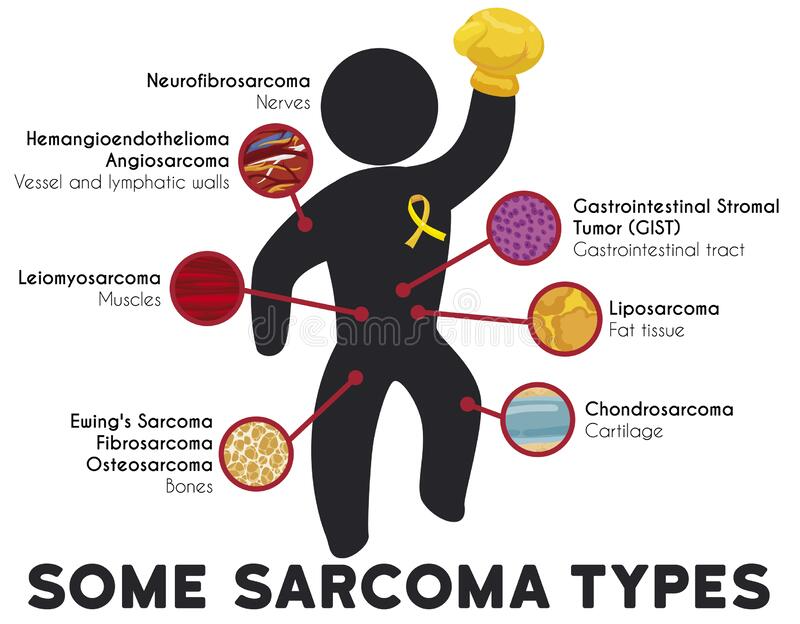Dental Implants: Restore Smile Without Breaking Bank
The quest for a perfect smile has become more accessible and affordable with the advancement of dental implant technology. For individuals who have lost teeth due to injury, decay, or gum disease, dental implants offer a durable and natural-looking solution. However, the perceived high cost of dental implants often deters people from pursuing this option. In reality, with proper planning, financing, and the right dental team, restoring your smile with dental implants doesn’t have to break the bank.
Understanding Dental Implants
Dental implants are essentially artificial tooth roots made of titanium, a biocompatible material that integrates well with the human body. These roots are surgically placed into the jawbone, where they fuse over time, providing a strong foundation for a prosthetic tooth or teeth. This procedure not only restores the aesthetic appeal of a full set of teeth but also maintains the jaw’s structure, preventing bone loss that can lead to further complications.
Breaking Down the Costs
The cost of dental implants can vary widely based on several factors, including the location, the dentist’s or oral surgeon’s fees, the type of implant used, and the complexity of the procedure. While a single dental implant can cost anywhere from 1,000 to 5,000, this price often includes the implant, the abutment (the part that connects the implant to the crown), and the crown itself.
Financing Options and Insurance Coverage
Fortunately, many dental clinics offer financing options or work with insurance providers to make dental implants more accessible. Some practices provide in-house financing, zero-interest plans for a specified period, or refer patients to third-party financing companies that specialize in medical and dental loans. Additionally, certain insurance plans may cover part of the costs, especially if the implants are deemed medically necessary.
Minimizing Costs Without Compromising Quality
Choose the Right Clinician: Finding a dentist or oral surgeon with extensive experience in dental implants can be more cost-effective in the long run. While their fees might be higher, the reduced likelihood of complications or the need for additional procedures can save money.
Opt for a Comprehensive Treatment Plan: Getting a thorough examination and a detailed treatment plan at the outset can help in understanding all the costs involved. It also gives you a chance to discuss financing options or alternatives with your dental team.
Consider All-on-4 or Similar Solutions: For patients who need to replace a full set of teeth, options like All-on-4 can be more cost-effective than individual implants. This procedure uses four implants to support a full arch of teeth, reducing the overall number of implants and surgeries needed.
Maintain Good Oral Health: While not a direct cost-saving measure, maintaining good oral health through regular dental check-ups and proper hygiene can prevent future tooth loss, thereby avoiding the need for additional implants.
Conclusion
Dental implants are a significant investment in one’s health and well-being, offering a reliable and long-lasting solution for tooth loss. By understanding the costs involved, exploring financing options, and choosing the right dental team, individuals can restore their smile without breaking the bank. As with any significant investment, it’s crucial to consider both the short-term costs and the long-term benefits, including improved oral health, enhanced self-confidence, and a better quality of life.
How long do dental implants last?
+Dental implants are known for their durability and can last for many decades with proper care. The success rate of dental implants is around 95%, with many implants lasting up to 25 years or more.
Are dental implants suitable for everyone?
+Most people can get dental implants, but certain conditions such as uncontrolled diabetes, smoking, or significant bone loss may affect eligibility or success rates. A thorough evaluation by a dentist or oral surgeon is necessary to determine suitability.
What is the recovery process like after dental implant surgery?
+The recovery from dental implant surgery is generally smooth, with most patients able to return to their normal routines within a few days. It’s common to experience some swelling, bruising, and discomfort, which can be managed with pain medication and cold compresses. A soft-food diet is recommended for a period of time to avoid putting excessive stress on the healing implants.
